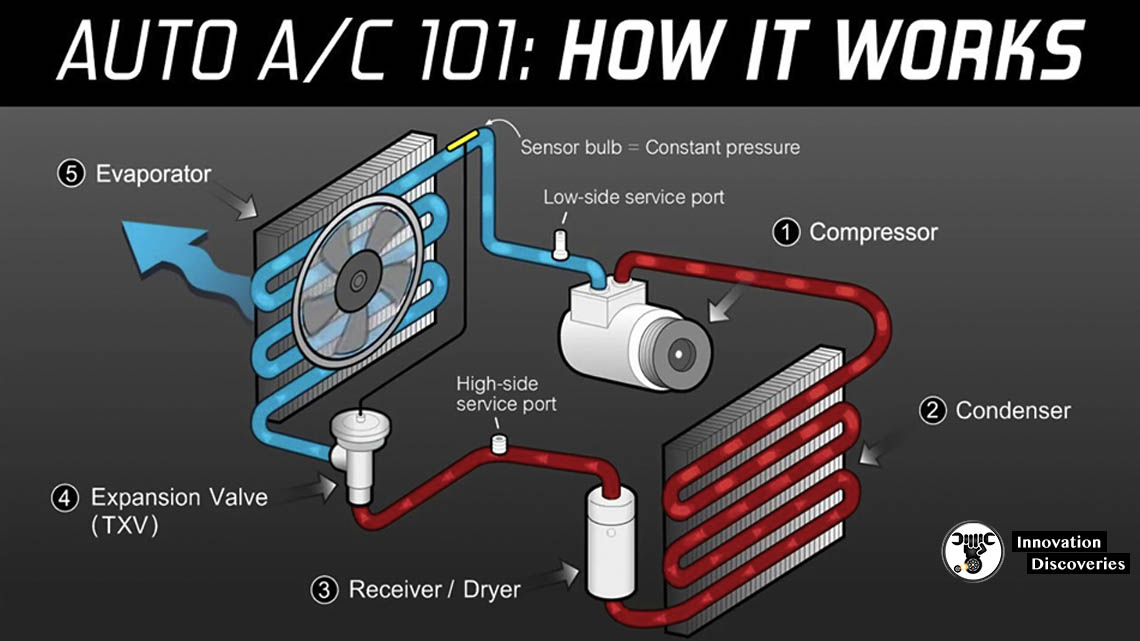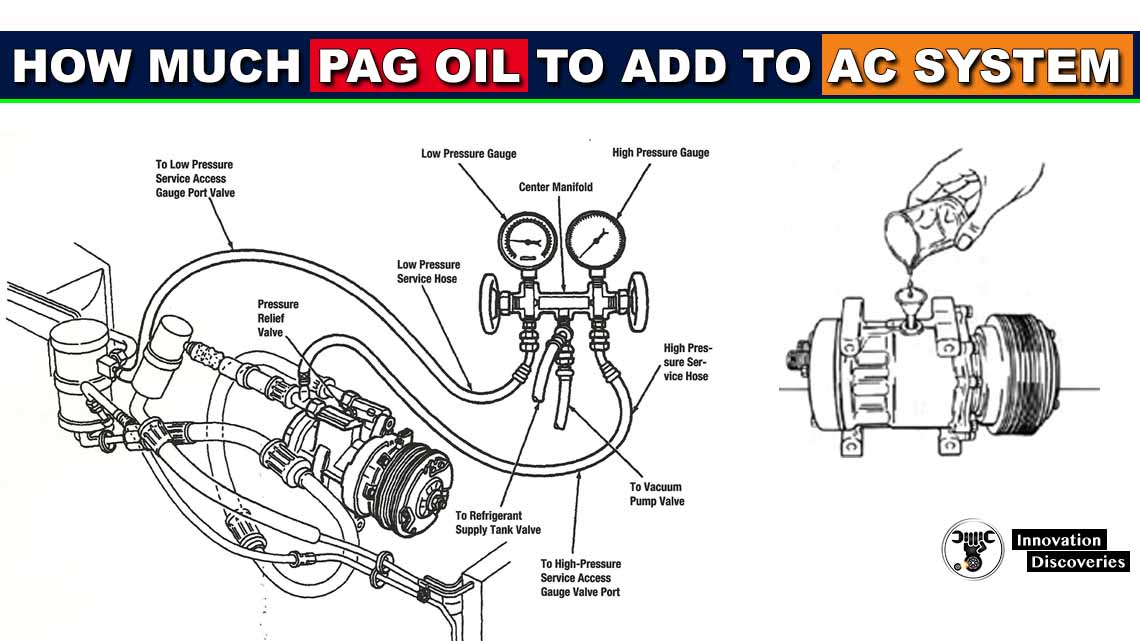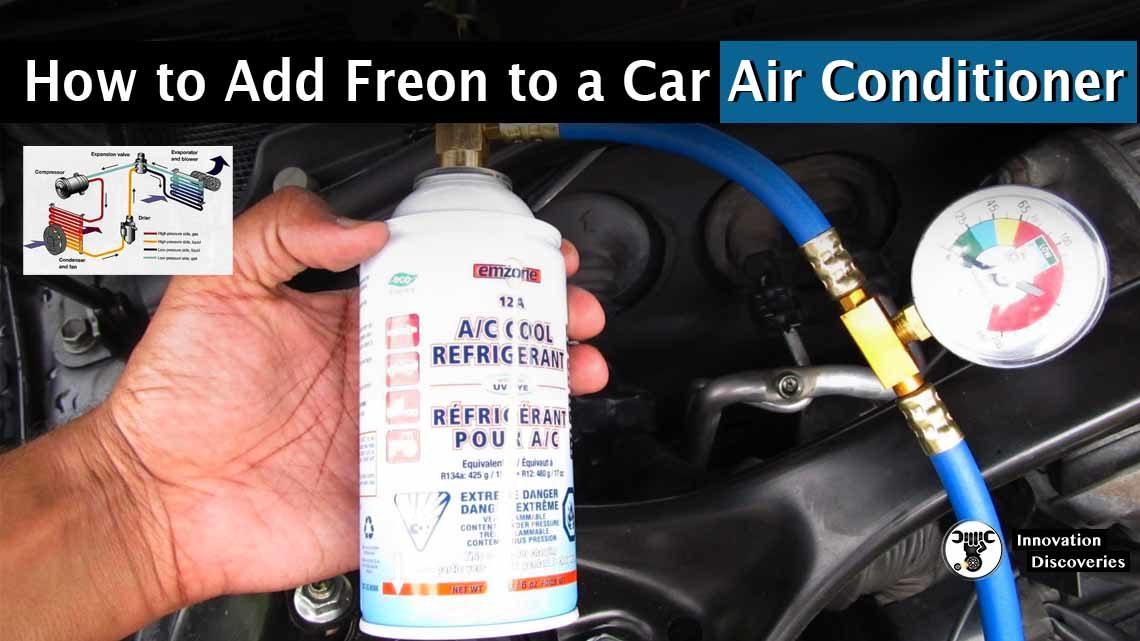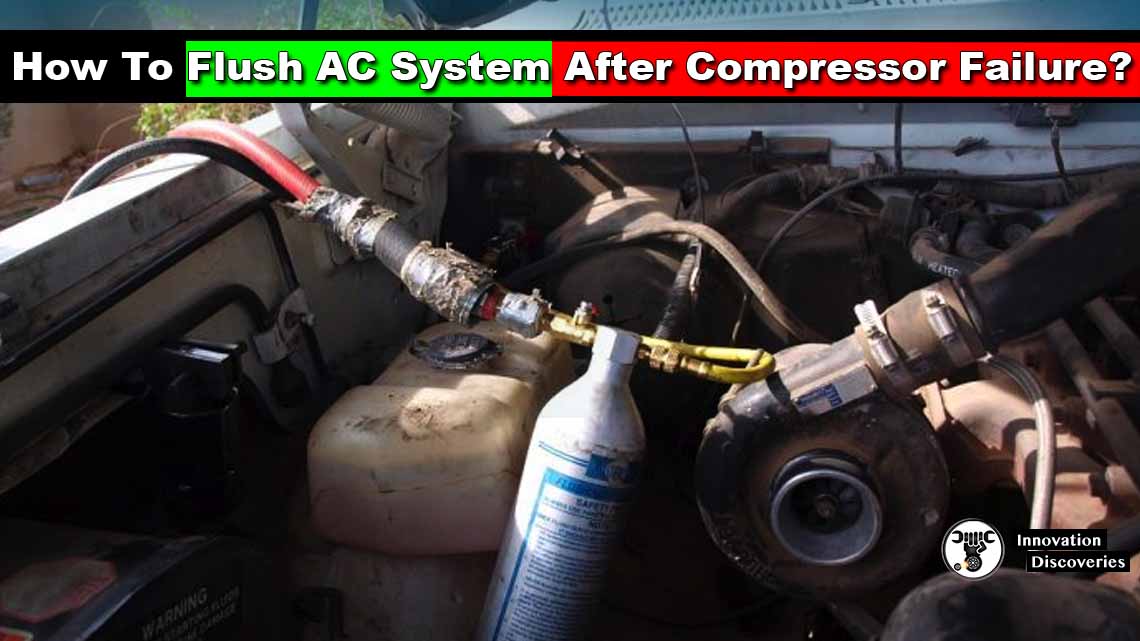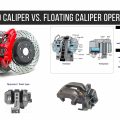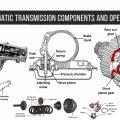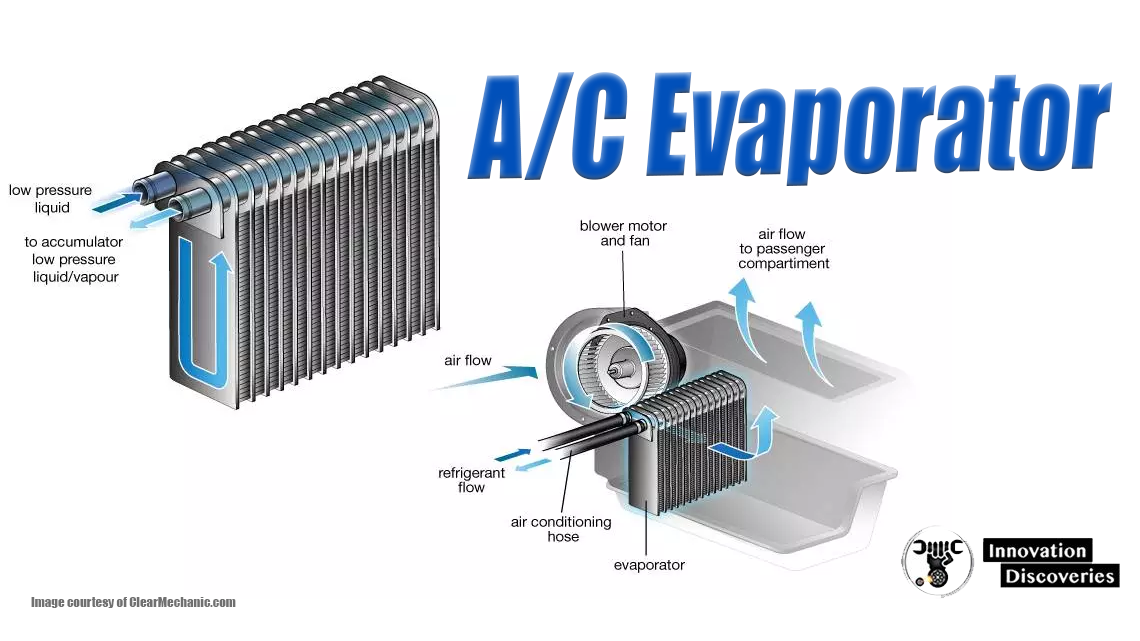
Introduction:
The A/C evaporator is a vital component of your vehicle’s air conditioning system, playing a crucial role in cooling the air that enters the cabin. Understanding its function, maintenance, and potential issues can help you ensure a comfortable driving experience.
In this article, we delve into the details of the A/C evaporator and its significance in keeping you cool on the road.
Function and Design:
The A/C evaporator forms an integral part of the refrigeration cycle in your vehicle’s air conditioning system. Located within the HVAC unit, usually under the dashboard, it receives high-pressure, gaseous refrigerant from the A/C compressor.
As the air from the cabin is blown over the evaporator’s fins, the refrigerant evaporates, absorbing heat from the air and causing it to cool down. The cooled air is then circulated back into the cabin through the vents, providing refreshing air conditioning during hot weather.
The A/C evaporator is designed with a network of tubes and fins. The refrigerant flows through the tubes while the fins increase the evaporator’s surface area, enhancing the heat transfer process between the air and the refrigerant. This design optimizes the cooling efficiency of the evaporator.
Condensation and Drainage:
As air passes over the cold evaporator, moisture from the air condenses on its surface. This condensation is collected and drained out of the vehicle through a drain tube, preventing it from entering the cabin.
Regular maintenance, such as replacing the cabin air filter and cleaning the evaporator housing, can help prevent mold growth and ensure proper drainage.
Maintenance and Issues:
The A/C evaporator is a sealed unit that typically does not require regular maintenance. However, over time, it can accumulate dirt, debris, and mold, reducing its efficiency and leading to unpleasant odors. Regularly replacing the cabin air filter and cleaning the evaporator housing can help maintain optimal performance and prevent these issues.
If you notice reduced cooling efficiency, insufficient cold air from the vents, or strange odors coming from the A/C system, it may indicate a faulty evaporator. In such cases, it is recommended to have the system inspected and repaired by a qualified technician with expertise in automotive air conditioning systems.
Repair and Replacement:
Repairing or replacing the A/C evaporator is a complex task that should be carried out by professionals. It involves disassembling the HVAC unit, which can be labor-intensive and requires specialized equipment.
If you suspect an issue with the A/C evaporator, it is advisable to consult a qualified technician who can diagnose the problem and perform the necessary repairs or replacements.
Conclusion:
Understanding the A/C evaporator and its role in cooling your vehicle’s cabin is essential for maintaining a comfortable driving environment. Regular maintenance, such as cleaning the evaporator housing and replacing the cabin air filter, can help ensure optimal performance.
If you encounter any issues with your A/C system, seek the expertise of a professional technician to diagnose and address the problem promptly. With a properly functioning A/C evaporator, you can enjoy cool and refreshing air during your journeys.
READ MORE
DOWNLOAD
Visit Forum
Visit Our Friendly Website


